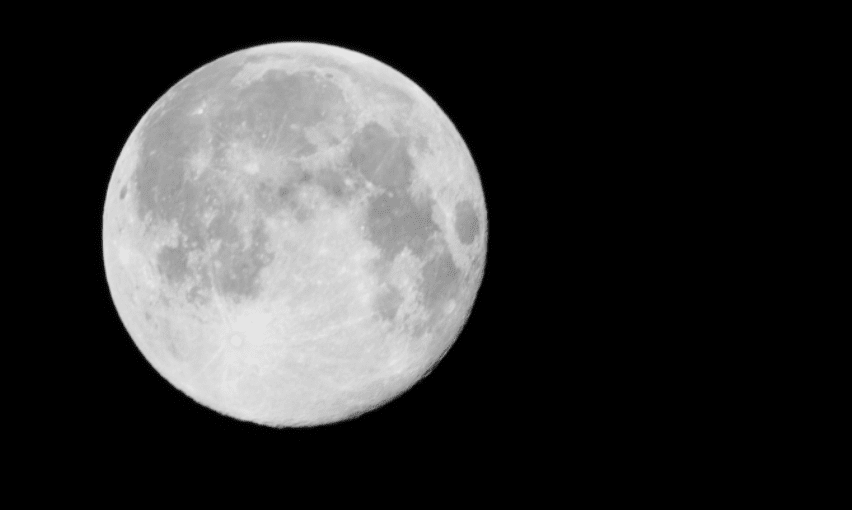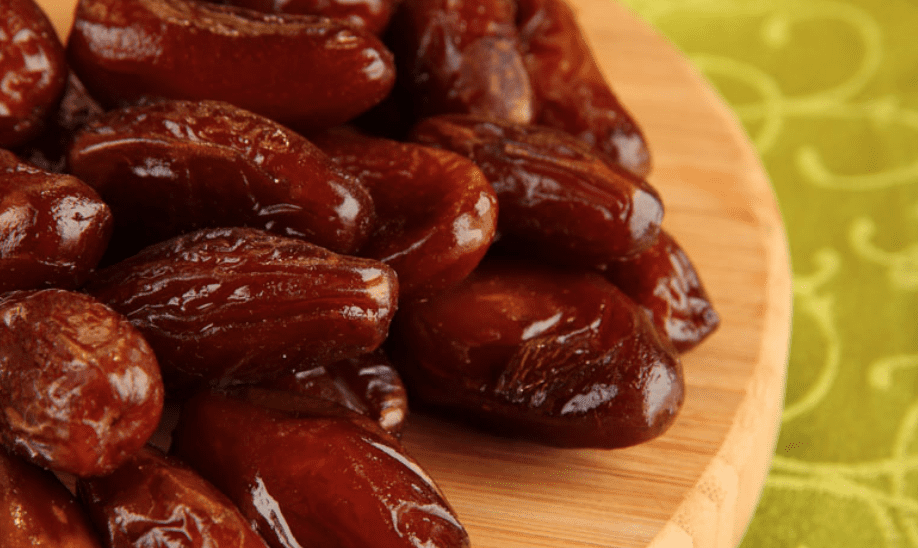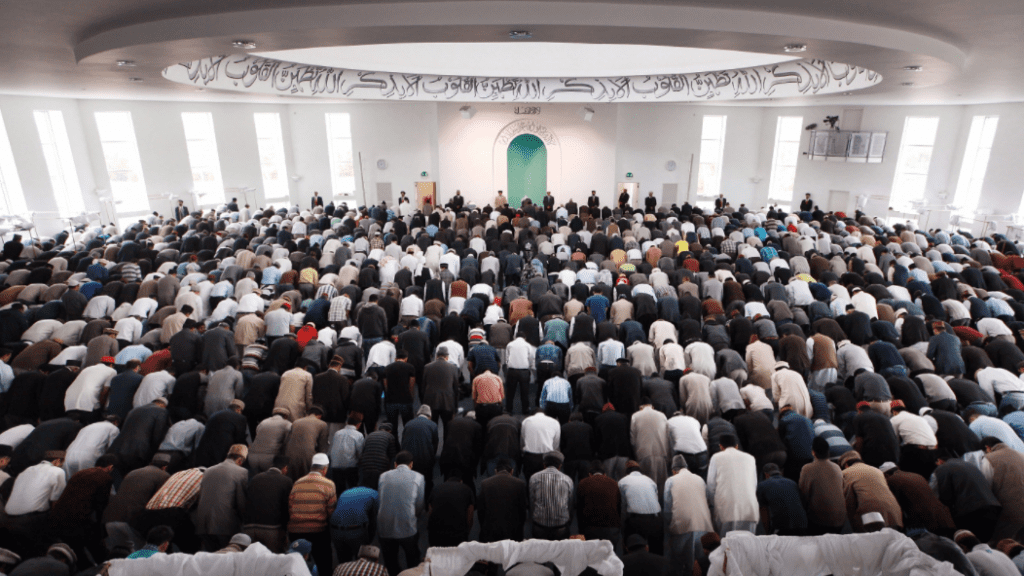Ramadan in 2018 will start on Wednesday, the 16th of May(16/5/2018) and will continue for 30 days until Thursday, the 14th of June.
Ramadan is the ninth month in the Islamic calendar, which is a lunar calendar based on the cycles of the moon.
Note that in the Muslim calendar, a holiday begins on the sunset of the previous day, so observing Muslims will celebrate Ramadan on the sunset of Tuesday, the 15th of May.
Fasting: the fourth pillar of Islam
Fasting during Ramadan is the fourth of the Five Pillars of Islam. These pillars, or duties, form the basis of how Muslims practice their religion.
- Shahada: faith in the Islam religion,
- Salat: pray five times per day facing the direction of Makkah
- Zakat: give support to the needy,
- Sawm: fast during Ramadan, and
- Hajj: make the pilgrimage to Makkah at least once during one’s lifetime.
Why Fast?
Fasting is done out of the love for Allah (God) and shows devotion, willpower, discipline, patience, selflessness, adaptability, unity, and closeness to the supreme being. It’s a time to reflect and appreciate.
Not everyone can take part in fasting.
There are some exceptions, including the severely mentally ill, those who are sick or elderly, and people who are away from home on a journey of 50 miles or more. Also if women who are pregnant, breastfeeding or having their period are not expected to fast.
Children who haven’t yet reached puberty, usually around 14, are also exempt.
Niyyah (Intention)
For the fasting to be valid, a serious intention, or niyyah, must be made to fast and adhere to the laws surrounding the fast. The commitment must be made each day before dawn. The fast will be considered to be nullified if one eats or drinks, intentionally vomits, has sexual intercourse or has menstrual or childbirth bleeding.
Many mosques around the world host interfaith celebrations to break the fast, this allows everyone to reflect on shared experiences within their own traditions involving fasting, including spiritual growth and social responsibility.
At the end of Ramadan, a three-day spiritual celebration known as Eid al-Fitr occurs. During this time, Muslims rejoice in the completion of the fast. Family members and friends gather to share in feasts and prayers. During Eid al-Fitr, it is customary to donate to the poor and disadvantaged.
Foods
Breaking the fast with dates is the only strictly traditional culinary custom associated with Ramadan. It is interesting to note the suitability of dates for this purpose as they are a concentrated source of energy and easily digestible. Different Muslim-populated countries have a variety of special dishes and desserts for Ramadan.
Benefits of Fasting
Doctors agree that fasting is extremely beneficial for lowering cholesterol levels and for other health benefits. Fasting is a means of purifying the body as well as the spirit, as it gives the body a rest from the continuous task of digesting food.
Natasha Syed is the dynamic Editor-in-Chief of British Muslim Magazine, the UK’s premium Travel & Lifestyle publication catering to Muslim audiences. With a passion for storytelling and a keen eye for celebrating diverse cultures, she leads the magazine in curating inspiring content that bridges heritage, modern luxury, and faith-driven experiences.
Under her leadership, British Muslim Magazine continues to set the standard for authentic, and engaging trusted narratives, making it the go-to source for Muslim traveler's and lifestyle enthusiasts across the UK and beyond.























